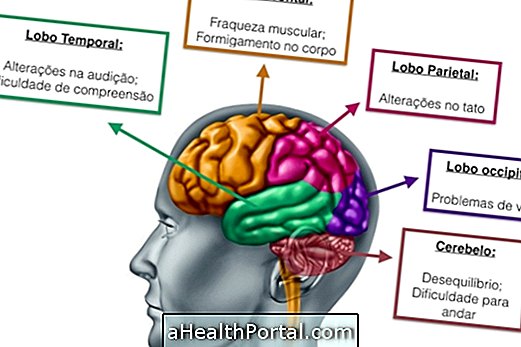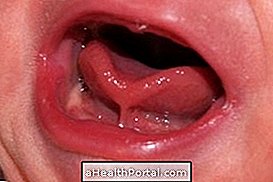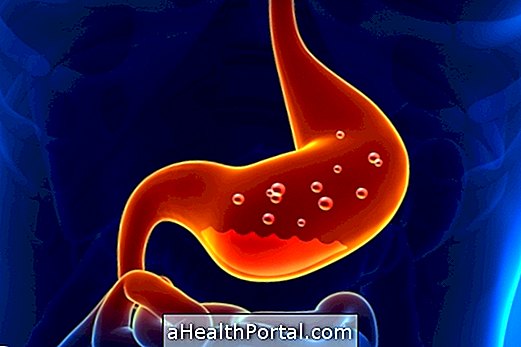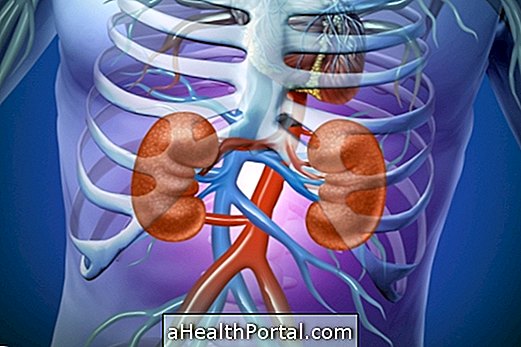Treatment for autoimmune hepatitis is started when the patient has inflammation of the liver or symptoms, such as jaundice, tiredness, belly swelling, for example.
Autoimmune hepatitis is curable through liver transplantation, however, surgery is only used in more severe cases or when it is not possible to control liver inflammation with corticosteroids or immunosuppressants prescribed by the hepatologist.
In addition to supplementing medical treatment, it is recommended that patients eat a balanced diet that is poor in alcoholic beverages and fatty foods, such as sausages or salty snacks.
Learn how to supplement treatment in: Diet for autoimmune hepatitis.
Treatment options for autoimmune hepatitis
Treatment for autoimmune hepatitis can be done with corticosteroids, immunosuppressive drugs or, in more severe cases, with liver transplantation.
Typically, drug treatment for autoimmune hepatitis should be maintained for a lifetime so that it is possible to keep the disease under control.
Corticoids
Corticosteroids, such as Prednisone, help reduce swelling of the liver caused by the patient's immune system and thus prevent damage by the immune system in the liver.
Initially, the dose of corticosteroids is high, but as treatment progresses, the physician may reduce the amount of Prednisone to the minimum necessary for the disease to continue under control.
However, the use of corticosteroids has side effects such as weight gain, bone weakening, diabetes, increased blood pressure or anxiety, so it may be necessary to combine with immunosuppressants to reduce side effects.
Immunosuppressants
Immunosuppressive remedies for autoimmune hepatitis, such as azathioprine, decrease the production of antibodies and thus are able to decrease the immune system's reaction causing damage and inflammation in the liver.
Immunosuppressive drugs are usually used in combination with corticosteroids to reduce the dose of both drugs to the lowest extent possible, reducing side effects in the patient.
During treatment with immunosuppressive medicines, such as azathioprine, the patient should have regular blood tests to evaluate the number of white blood cells, which may decrease and facilitate the onset of infections.
Liver transplant
Liver transplantation is used in the most severe cases of autoimmune hepatitis, when the patient develops cirrhosis or liver failure, for example, and serves to replace the diseased liver with a healthy one. Learn more about liver transplantation.
After liver transplantation, the patient should be hospitalized for 1 to 2 weeks to ensure there is no rejection of the new organ. In addition, transplanted individuals should also take immunosuppressants throughout their lives to prevent the body from rejecting the new liver.
Signs of improvement of autoimmune hepatitis
Signs of improvement in autoimmune hepatitis usually come a few weeks after the start of treatment and are related to the decrease in symptoms, allowing the patient to lead a normal life.
Signs of worsening autoimmune hepatitis
When treatment is not done adequately the patient may develop cirrhosis, encephalopathy or hepatic insufficiency, presenting signs of worsening that include generalized swelling, alterations of smell and neurological problems, such as confusion and drowsiness.
Useful link:
- Autoimmune hepatitis in pregnancy










.jpg)










